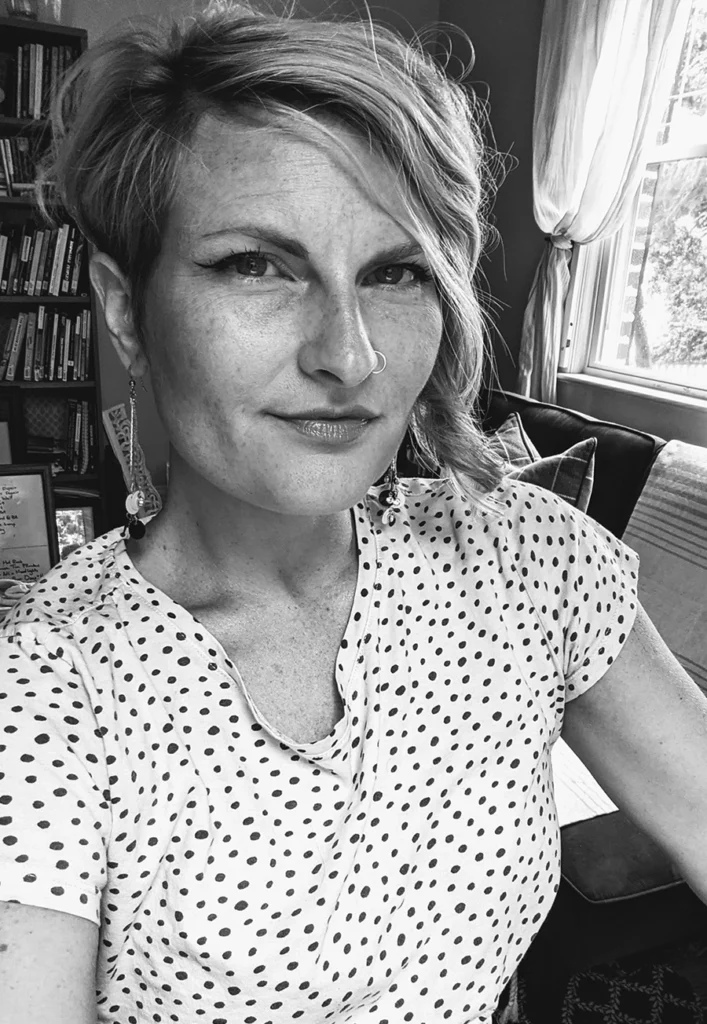Special thanks to Amy Harris-Houk, Dallas Burkhardt, UNCG’s Interlibrary Loan Department, Edna Tan, Ph.D., Brad Johnson, Ph.D., Sophia Rodriguez, Ph.D., Kathleen Herbst, Hali Khols, Juliet Biemiller, Chad Camp, Lynn Thompson, Leilani Roughton
About the Research
This study used conversation and observation to explore women refugees’ thinking about higher education in the U.S. South. The purpose was to disrupt women refugees’ exclusion from education.
Prefer to listen instead?
Refugees cannot “return to their country of origin owing to a well-founded fear of being persecuted for reasons of race, religion, nationality, membership of a particular social group, or political opinion.”
U.N. HIGH COMMISSIONER FOR REFUGEES
Participants
Refugee Women
Women (inclusively defined) within their first 5 years post-resettlement, over 18, with a mix of backgrounds (education: 1st grade – community college enrolled; (non) / mothers), affiliated with both non-profits and agencies (VOLAGs).
Support Workers
Boundary Spanners
Research Questions
1. How do refugee women talk about higher education?
2. To what extent do refugee women’s forced migration journeys influence how they talk about higher education?
3. How do refugee women understand immigration law’s effect on education access?
Findings
Places of support influence the women’s thinking about education.
This pattern relates to closeness to either:
1. Resettlement Agency (groups that support refugees moving into the U.S.)
OR
2. A Non-Profit (groups that provide holistic, humanizing refugee support).
How do refugee women talk about education?
“The reason why most refugees come here [is] because they want education for their children. As soon as they get here, they ask, ‘Where’s the school? We want to go to school!“
— Penance*, a boundary-spanner (support worker + former refugee
“You have to go to school; you have to do your homework so you can get a better job, so you don’t have to work in the chicken plant like I do.”
— Andromeda*, a non-profit employee sharing a refugee mother’s story
Across cases, participants talked about education as beneficial for women refugees and their kinship networks, locally and globally. Education was described as essential to having a good life, including as a pathway out of hard labor in factories and meat processing plants.
Impact of forced migration
*Names changed for confidentiality
“Some famil[ies], they don’t care about… school, especially for a girl or woman, they don’t care about it. …my brother go to school, my sister go to school, and my baby brother go to school. …Just only me [with] no school because they say I’m the first daughter for them.“
— Abeni*, a non-profit affiliated refugee woman
“I would rather go back to [redacted, African country] because at least I know who they’re targeting there. Here, it’s any Black person.”
— Angelique*, a non-profit employee sharing a client story
Findings indicate that women refugees also experience interrupted education during forced migration (the temporal and geographic process of becoming a refugee). They also experienced threats to their education after resettlement in the U.S. Factors of age and gender as well as experiencing racism are threats to women refugees’ education.
Effects of immigration law
“I’ve worked with clients that come in, they find the job, and they’re ready to go. Then, I never really see them again.”
— Becky*, an agency employee
“We do self-sufficiency with an ‘asterisk’. There’s not an end to aiding [refugees] in self-sufficiency. We’re very aware that much of resettlement is an ongoing process.”
— Darby*, a non-profit employee
The places refugees receive resettlement support convey understandings of immigration law (like self-sufficiency). In short, self-sufficiency is part of the Refugee Act (1980) that stipulates refugees should be employed as soon as possible post-arrival – without consideration of past educational or professional experiences. This has a chilling effect on refugees’ education access post-resettlement.
Resettlement agencies have strict funding and service criteria that limit the interpersonal time they can offer refugee clients. This results in dehumanization where refugees must take any job available to them, regardless of language, trauma, or prior professional or educational background.
Non-profits, on the other hand, promote education and holistic approaches to refugee resettlement. This results in humanization where refugees find support in understanding their new environment and pursuing educational options.
How to respond?
You can support women refugees. Here’s how…
Donate: Refugees within 1 year of arrival in the U.S. typically survive with ONLY $1000 per month, per family. For women refugees who are single parents, this budget is especially punishing.
Connect: If you’re in the Triad of NC, support the New Arrivals Institute. Otherwise, search for refugee non-profit organizations in your area. Be a volunteer. Women refugees need teachers, conversation partners, childcare, drivers, and friends – possibilities are endless!
Humanize Higher Ed: Become a resettlement campus through Every Campus A Refuge, founded at Guilford College in North Carolina, this program leverages campus resources in partnership with local resettlement agencies to soften the landing of new-to-the-U.S. refugees.
Advocate: Women refugees are survivors of forced migration. Media often portray them negatively; elected officials need reminders that #RefugeesAreWelcome, especially pregnant people!
Researcher & Advocate
About The Doctor
My work prioritizes expanding educational equity, access, and community-university advocacy through educational research in localized (international/comparative) higher education.
I pursue these equity commitments in higher education with first generation to college, refugee, newcomer, and historically minoritized college students’ strengths, assets, and knowledge amid interlocking systems of oppression (Patricia Hill Collins). I aim to cultivate anti-oppression and anti-racism to mitigate the structurally harmful effects of exclusion.
Experiencing disparate social and educational cultures in 34 countries and 5 continents over the last decade required savvy intercultural communication skills and flexibility in difficult situations. These skills remain advantageous in my approaches to research, evaluation, assessment, and instruction across contexts of two- and four-year colleges and universities where I work.



